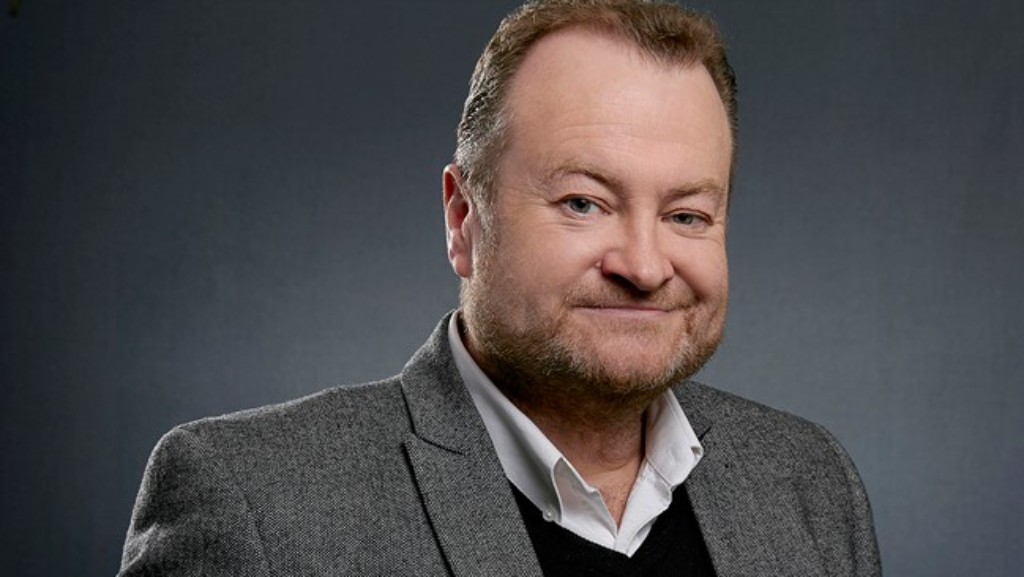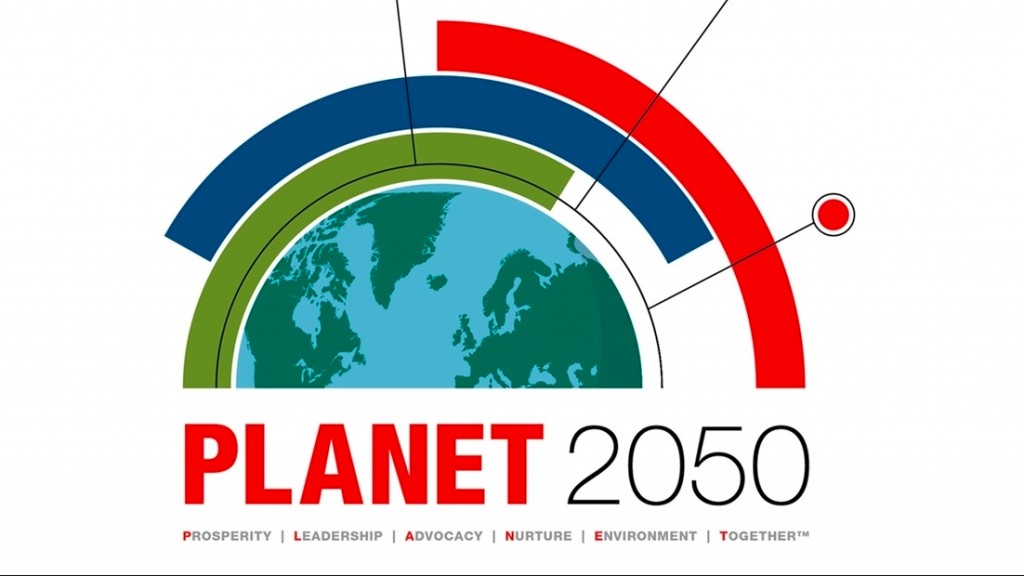
National Manufacturing Institute Scotland's (NMIS) "Manufacturing a Net-Zero Future" event in Renfrewshire hosted an audience of manufacturers and stakeholders from the U.K. manufacturing sector.
Delivering his keynote speech, Paul Douglas, managing director of Rokbak, noted: "Climate change is a challenge that everyone on the planet must tackle, and everyone has a role to play. In manufacturing, we have a huge responsibility in reducing the impacts of climate change by creating new products which have zero emissions; and using new manufacturing techniques and processes in a carbon-neutral or carbon-negative way. Today is an exciting opportunity to come together and share ideas and best practices and demonstrate our commitment, as an industry, to making a real difference."
In addition to giving a keynote speech, Paul delivered a presentation on Rokbak's ideas, innovation and commitment to climate change, showing how it aligns with parent company Volvo Group's aims to reach net-zero.
Rokbak's strategy to delivering better sustainability is based around five key principals:
- Doing more with less
- Designing out waste and pollution
- Having a responsible and a holistic mindset
- Reducing reliance on hazardous and rare substances
- Prioritizing collaboration, partnership and knowledge sharing
How Rokbak is reducing its environmental impact
Reducing environmental impact is a key tenet of the Rokbak brand and an area where the company intends to show leadership. A key aim is to have fossil fuel free or net-zero products by 2040 with a view to having a net-zero value chain by 2050. The company's rationale is that as its products have a 10-year life span, the proposed timeline gives customers time to transition so the whole value chain is net zero by 2050.
Apart from making significant improvements to carbon emissions, the company is also introducing a series of changes that will see it reduce energy and material use at its Motherwell plant in Scotland.
This began back in 2019 when the plant switched to a green tariff with its electricity supplier. The contract includes a Renewable Energy Guarantee of Origin (REGO) certificate to ensure all electricity delivered to the site genuinely comes from renewable sources which is anticipated to reduce the plant's carbon footprint by 900 tonnes (992 US tons) per year.
54 submetres are also being installed across the site to give greater visibility over electricity use and empower teams to drive their own efficiency. The first of these are already in use and give teams insights into where electricity is used and how targeted action can be taken towards reducing unnecessary consumption.
The next big step is to tackle natural gas consumption, which is primarily used for space heating. The admin building and some of the other annexes have already moved over from gas to electric heating and cooling, while other areas will switch to electric-powered systems in 2022. The plant is finalizing a contract for green gas, which comes from landfill, food processing or composting sites, while its fleet of forklift trucks are being switched with electric models, saving about 75 tonnes (82.6 US tons) of CO2 per year.





